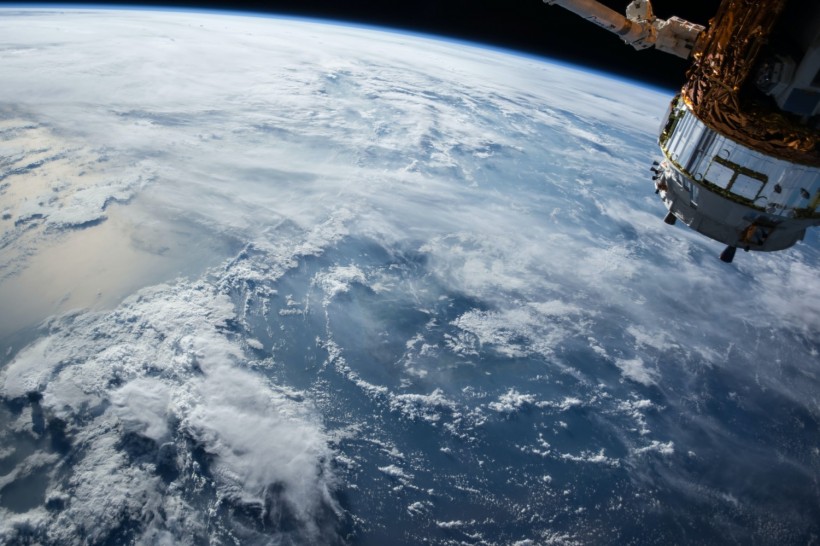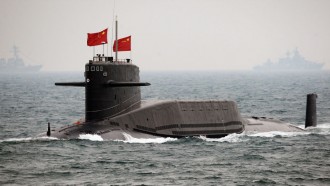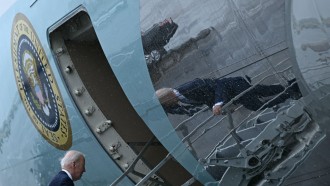Astronauts returning from spacewalks report a surprising experience: the smell of burnt steak and gunpowder in the emptiness of space.
Space agencies and scientists are delving into the mysteries of this space aroma, uncovering the unexpected scents that infuse the vast emptiness beyond our atmosphere.

Space Smells Like Burnt Steak and Gunpowder, Reveals Spacewalker Astronauts
Prominent Space Odors
A Wion report tells us that during spacewalks, astronauts have reported smelling gunpowder, ozone, and burnt steak, among other things. The intriguing discovery stems from the chemistry that occurs during a spacewalk.
Single oxygen atoms can cling to spacesuits and make their way into the airlock when repressurized. Molecular oxygen floods in and reacts with the single atoms to form ozone, giving off a distinct metallic and sour odor.
Furthermore, interstellar carbon laden with Polycyclic Aromatic Hydrocarbons (PAHs) found in charred food such as burned toast or barbecued meat could be brought inside the spacecraft, adding to the diverse bouquet of odors encountered by astronauts.
Rotten Eggs, Urine, Gasoline, and Booze
The odors in space go beyond the expected gunpowder and burnt steak. The European Space Agency's Rosetta mission detected hydrogen sulphide (rotten egg stench) and ammonia (urine-like smell) in comet 67P/Churyumov-Gerasimenko's gaseous halo 2014.
Although astronauts cannot directly smell gasoline on Saturn's moon Titan due to extreme conditions, the atmosphere is discovered to reeks of gasoline. The hazy atmosphere of Titan contains benzene, a component of Polycyclic Aromatic Nitrogen Heterocycles (PANHs), which gives the moon its petroleum-like odor.
Sagittarius B2, a massive interstellar molecular cloud far beyond our solar system, contains a cosmic bar of sorts. Ethanol, methanol, and vinyl alcohol, all of which are used in the production of beer, were discovered, as well as the sweet-smelling ethyl formate, which smells like raspberries.
Read Also: NASA's James Webb Space Telescope Discovers Signs of Possible Aurorae in Extremely Cold Brown Dwarf
Descriptions of Space Smell
Astronauts returning from spacewalks consistently report a distinct odor compared to hot metal, burnt meat, burnt cakes, spent gunpowder, and the sweet metallic sensation of ozone. NASA astronaut Dominic "Tony" Antonelli stated that space has a distinct smell that is unlike anything else on Earth.
Steve Pearce, a biochemist who combed through astronaut interviews to create a NASA-commissioned scent, revealed that recreating the astronauts' descriptions led to the creation of the perfume Eau de Space in 2020. By capturing the elusive scent of space, Pearce hoped to make astronaut training more realistic.
Investigating the Origins of Space Smell
While space is mostly empty, it is not a perfect vacuum, and many theories have been proposed to explain the space smell.
According to one theory, UV rays from the sun split oxygen molecules, forming atomic oxygen, which triggers chemical reactions such as ozone formation. Another more speculative theory connects the smell to stinky molecules known as PAHs, emitted by stellar explosions or dying stars.
Despite these theories, Miranda Nelson, a spacewalk flight controller at NASA's Johnson Space Center, points out that no official studies have been conducted to support either explanation.
Stay posted here at Tech Times.
Related Article: NASA's James Webb Space Telescope Catches Dusty 'Cat's Tail' in a Young Planetary System










